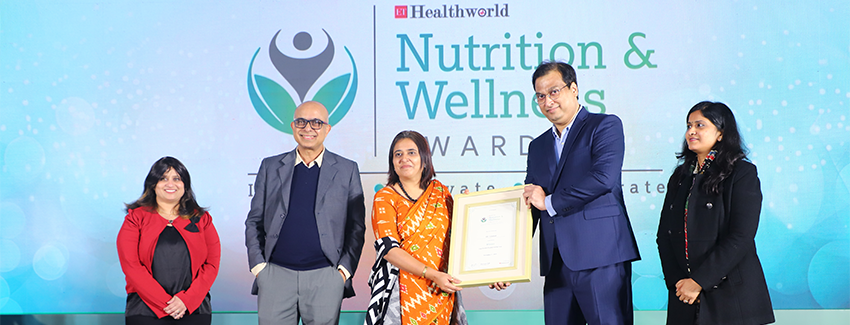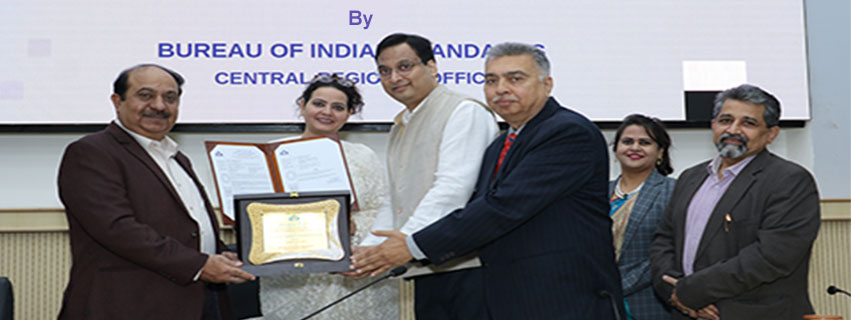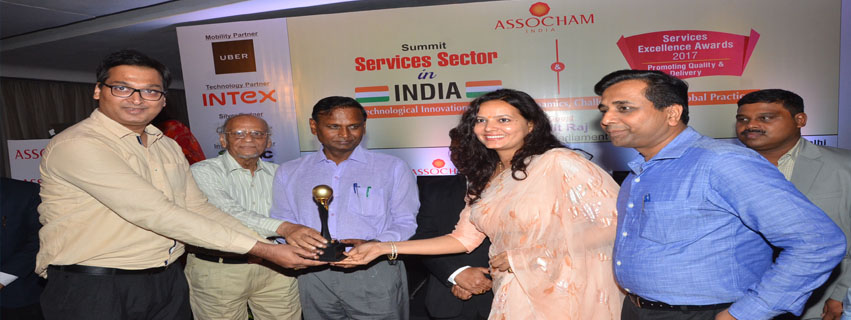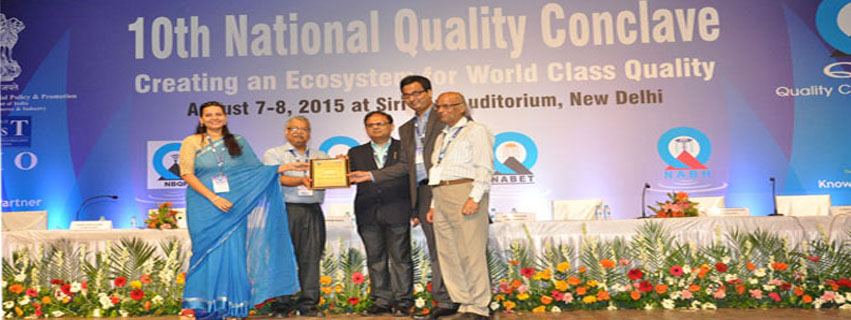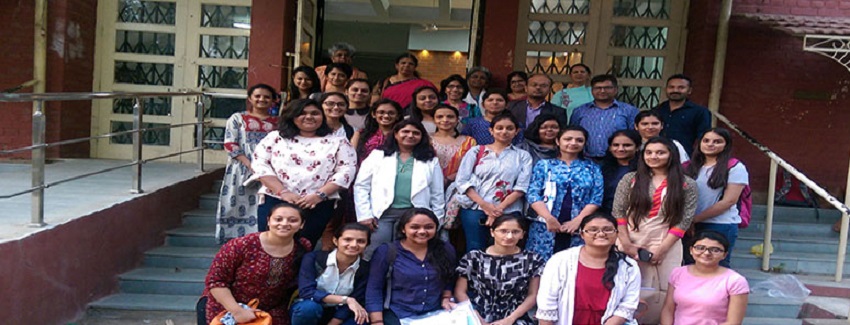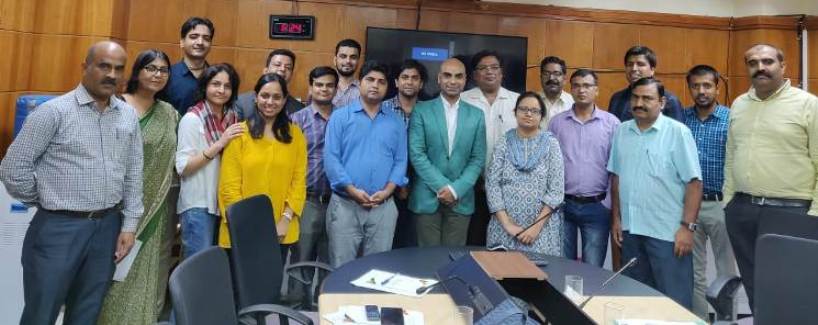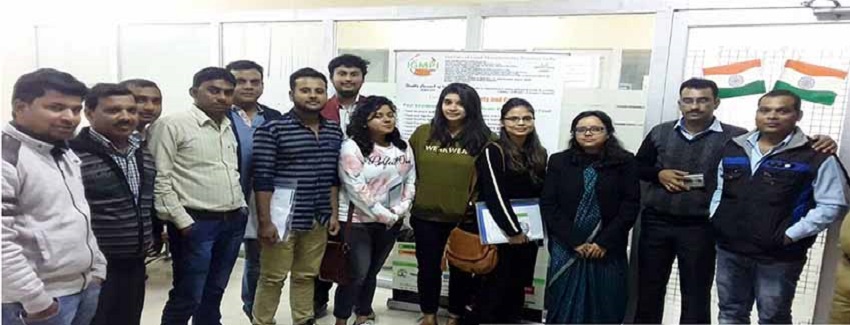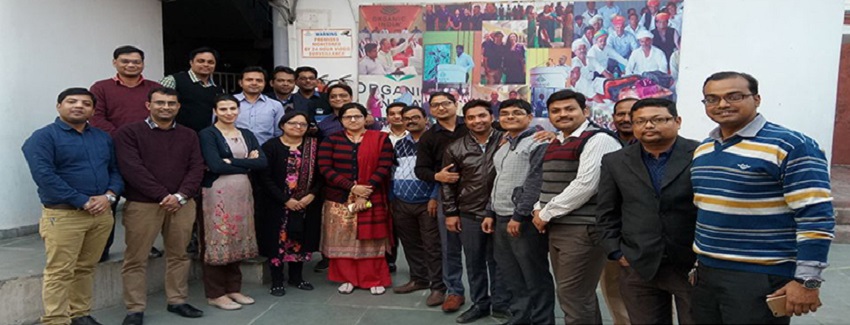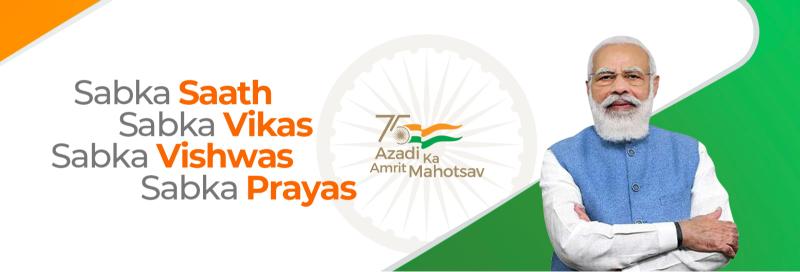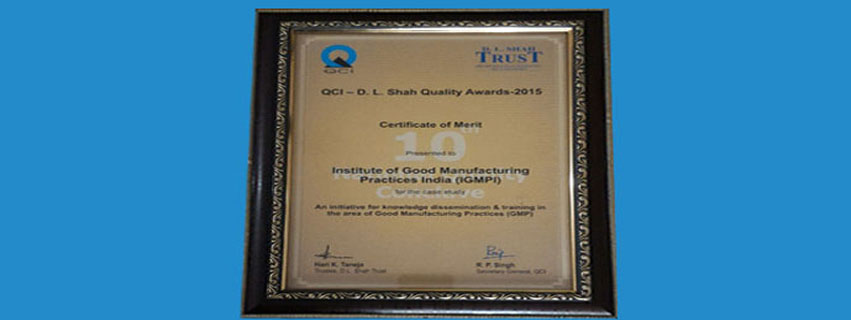(An Autonomous Body Recognized by Ministry of Commerce & Industry, Government of India)
Competency based placement focussed Education | Training | Research | Consultancy
Professional Certification in Enterprise Risk Management (PCERM)
The Professional Certification in Enterprise Risk Management (ERM) is a six-month intensive program designed to equip professionals with the knowledge, tools, and strategic mindset required to manage risks in today’s complex and dynamic business environment. This program takes a holistic approach to understanding risk — integrating sustainability, governance, and digital transformation into the broader framework of enterprise resilience. Participants gain deep insights into identifying, assessing, and mitigating financial, operational, environmental, and reputational risks while aligning risk management strategies with organizational goals and sustainable business practices.
Through a blend of theoretical learning, international standards (such as ISO 31000, ISO 14001, and ISO 27001), and practical case studies, the program prepares learners to create value through structured risk management. From understanding environmental and social impacts to mastering cybersecurity and sustainable finance, participants are trained to anticipate challenges, ensure business continuity, and contribute to long-term organizational sustainability.
Programme Structure
Module 1: Introduction to Enterprise Risk Management
- ERM concepts, evolution, and importance in modern organizations.
- Understanding risk appetite, tolerance, and exposure.
- Value creation through structured risk management.
Module 2: Management Foundations & Sustainable Business Principles
- Overview of business functions: finance, HR, supply chain, operations, and marketing.
- Strategic management, governance, and planning fundamentals.
- Sustainability as a driver of business performance and resilience.
- Integration of sustainability within corporate governance structures.
Module 3: Fundamentals of Business & Sustainability-Related Risk
- Classification of business risks: operational, financial, compliance, reputational, and environmental.
- Climate change and sustainability-driven risks.
- Systemic and cascading risks in global value chains.
- Fundamentals of business continuity and crisis management.
Module 4: Environmental & Strategic Context Assessment
- Environmental scanning tools: PESTLE, SWOT, and stakeholder mapping.
- Integration of sustainability indicators into risk context analysis.
Module 5: Environmental & Social Impact Assessment
- Environmental Impact Assessment (EIA)
- Social Impact Assessment (SIA)
- Cumulative and strategic environmental assessments (CEA & SEA).
Module 6: Integrated Management System (IMS)
- Aligning ISO 31000 (Risk), ISO 14001 (Environment), ISO 9001 (Quality), ISO 45001 (Safety)
- Policy development, process integration, and internal controls.
Module 7: Leadership, Commitment & Sustainable Governance
- Ethical leadership, transparency, and accountability in governance.
- Stakeholder engagement and responsible decision-making.
Module 8: Cybersecurity & Digital Risk Management
- Cyber threats, data breaches, and IT governance.
- ISO 27001, NIST, and other cybersecurity risk frameworks.
- Risk-based cybersecurity management and resilience planning.
- Digital ethics, privacy protection, and ESG linkages.
Module 9: Sustainable Finance, Operations & Technology
- Green bonds, carbon markets, and climate finance mechanisms.
- Circular supply chains and low-carbon operations.
- Smart technologies (AI, IoT, blockchain) for sustainability and risk monitoring.
Module 10: Industry based Case Study
Eligibility
Graduates in any discipline are eligible for our Post Graduate Diploma, Executive Diploma and Professional Certification Programmes.
Programme Duration
The minimum duration to complete the Professional Certification programme is 6 months and maximum is 12 months.
Programme Mode
Registration is currently open for Part-time (Online Live Classes) mode.
Programme Deliverables
A comprehensive study material for all the modules in hard copies ensuring the needs of the audience. The accompanying training material is appropriately aligned with the current Industry’s expectations.
- Interactive or online live sessions on all key areas of the programme giving all flexibility to the participants
- Online classes for all the modules will be conducted on the weekends. Moreover, a doubt clearing session will also be scheduled before the examination
- All the efforts are made by IGMPI faculty members to make the entire programme modules easily understandable
- Assessment and evaluation for all the programme modules in order to enhance the levels of competencies and skills of the participants leading towards the objective of application in the job
- At the end of each programme modules, the trainers shall obtain feedback from the participants using specially designed questionnaires
- All learning and training delivery initiatives shall be conducted in English
Examination and Certification
All the participants are obliged to timely submit completed assessment assignments (during the programme, usually after every module) and appear for an online proctored exam at the end of the programme. After successful completion, the participants will be awarded Professional Certification in Enterprise Risk Management (ERM) by IGMPI. For all the above-mentioned modules elaborate programme material, self-assessment assignments and project work details would be provided by the Institute from time to time. Details get updated on the webpage as well.
Discipline in Classes and Examination
Every student is required to observe a disciplined behaviour during her/his classes, assessments & examinations and to follow instructions from the Professors. Any act of indiscipline may result into discredit & it will be mentioned in her/his academic report.
Placement Assistance & Corporate Relations
The Institute has partnered with many organizations for providing with placement assistance to its participants. Besides, it has a robust placement cell comprised of senior level Human Resources professionals and Talent Acquisition experts which maintains close links with business and industry. This cell is continuously engaged in promoting the employability of our participants and encouraging the concerned Human Resource department and Hiring Managers to recruit/hire our participants for their vacant positions. The efforts of our placement cell also include helping with professional resume writing and interview skills.
In recent months, the Institute has witnessed more and more participation from professionals working with global think tanks. The IGMPI ‘s Corporate Resource Division actively recommends our students and training participants for various job requirements and specialized roles to Human Resource, Talent Acquisition as well as the heads of various departments in the industrial sector on a regular basis.
Future career prospects
Upon completion, graduates of the Professional Certification in Enterprise Risk Management (ERM) can pursue dynamic careers in risk analysis, sustainability consulting, compliance management, corporate governance, business continuity, and ESG strategy across diverse industries. With the growing global emphasis on sustainable growth and resilience, organizations across both private and public sectors are actively seeking professionals who can identify and mitigate risks, ensure regulatory compliance, and align business strategies with environmental and social responsibility.
Career opportunities span across leading consulting and advisory firms such as Deloitte, KPMG, PwC, EY, Marsh McLennan, Willis Towers Watson, and BDO, where professionals contribute to enterprise risk frameworks, internal audits, and sustainability strategies. In the banking and financial sector, roles are available with major institutions including HSBC, Standard Chartered, JPMorgan Chase, ICICI Bank, HDFC Bank, and Axis Bank, focusing on credit, market, and operational risk, as well as climate finance and green investments.
In the technology and digital sectors, companies like Tata Consultancy Services (TCS), Infosys, Wipro, IBM, Accenture, Google, and Microsoft increasingly require experts in cybersecurity risk management, IT governance, and data protection. The energy and manufacturing industries—including Reliance Industries, Adani Group, Shell, Siemens, Larsen & Toubro, and Mahindra Group—seek ERM professionals to address environmental, operational, and safety risks. Similarly, pharmaceutical, healthcare, and FMCG organizations such as Dr. Reddy’s Laboratories, Johnson & Johnson, Unilever, and Nestlé emphasize risk governance and sustainability in their global operations.
Beyond the corporate sphere, graduates can also build fulfilling careers within government agencies, multilateral organizations, NGOs, and development finance institutions such as the World Bank, UNDP, IFC, and Asian Development Bank, where enterprise risk management plays a pivotal role in policy design, project evaluation, and sustainable development initiatives.
Programme Fee Details
Programme fee details will appear here.
Last date for submitting completed Application Form: 28th Feb 2026.
For further enquiries, call or write to us on:
18001031071
(Toll Free -9:00 am to 5:30 pm IST-except on Central Government holidays)/
info@igmpi.ac.in
NEWSLETTER
Other Programmes
- Chemical Safety (PCCS)
- Corporate Social Responsibility Compliance (PCCSRC)
- Corporate Sustainability Reporting Directive (CSRD) Compliance and Reporting (PCCSRDCR)
- Business Responsibility and Sustainability Report (PCBRSR)
- Energy Audit and Compliance Management (PCEACM)
- Environmental Impact Assessment (EIA)
- Environmental Social and Governance (PCESG)
- Environmental Management Systems (ISO 14001:2015) Lead Auditor (EMSLA)
- Geospatial Data Science (PCGDS)
- Fire Safety Audit (PCFSA)
- Healthcare Waste Management (PCHWM)
- Occupational Health and Safety Management Systems (PCOHSMS)
- Green House Gases (GHG) Measurement, Reporting & Verification (PCGHGMRV)
- Psychological Health and Safety at work (PCPHSW)
- Certified Solar PV Technician (CSPVT)
- Water Quality and Management (PCWQM)
- Solar, Wind, and Hybrid Energy Systems (PCSWHES)

